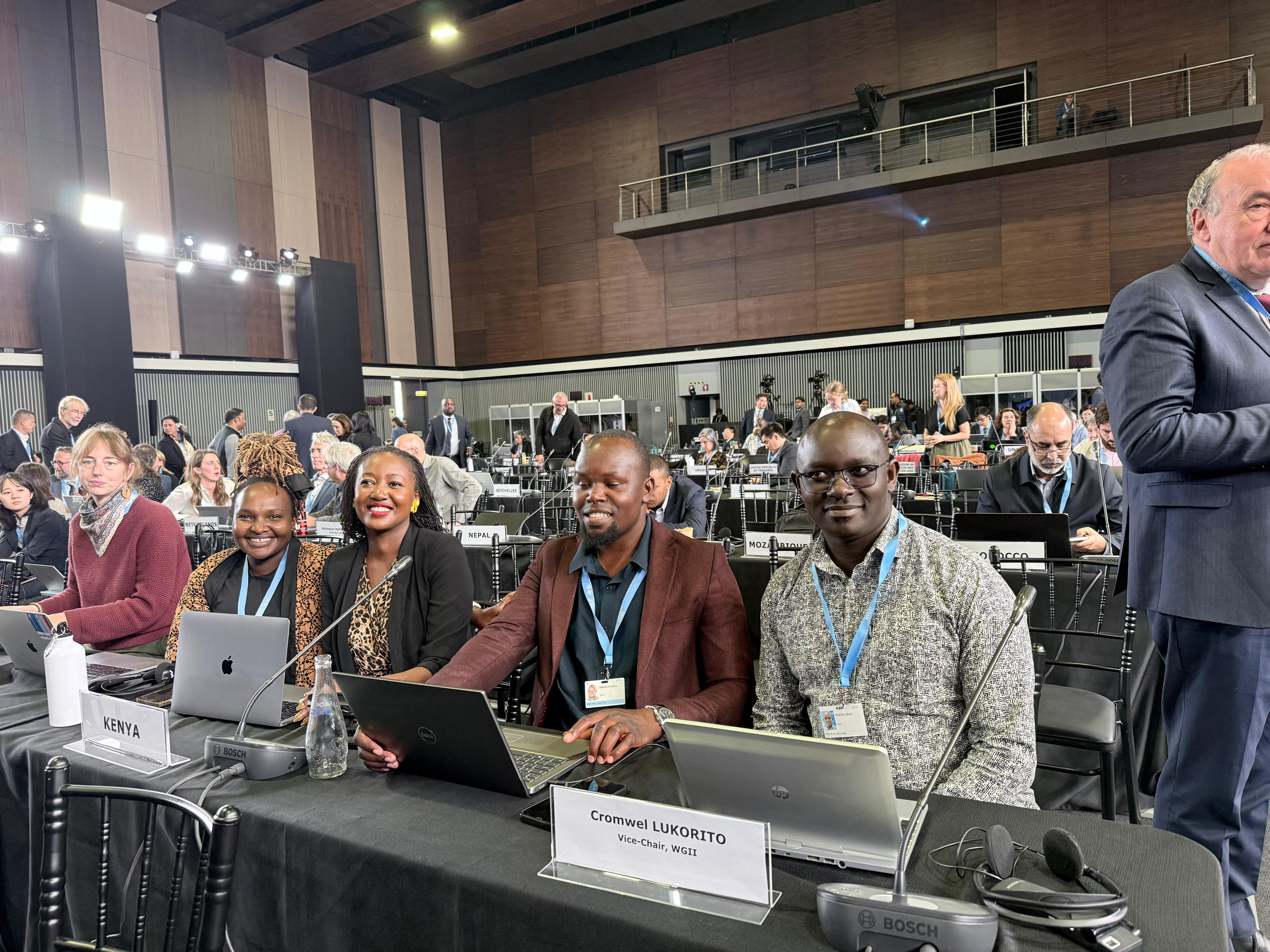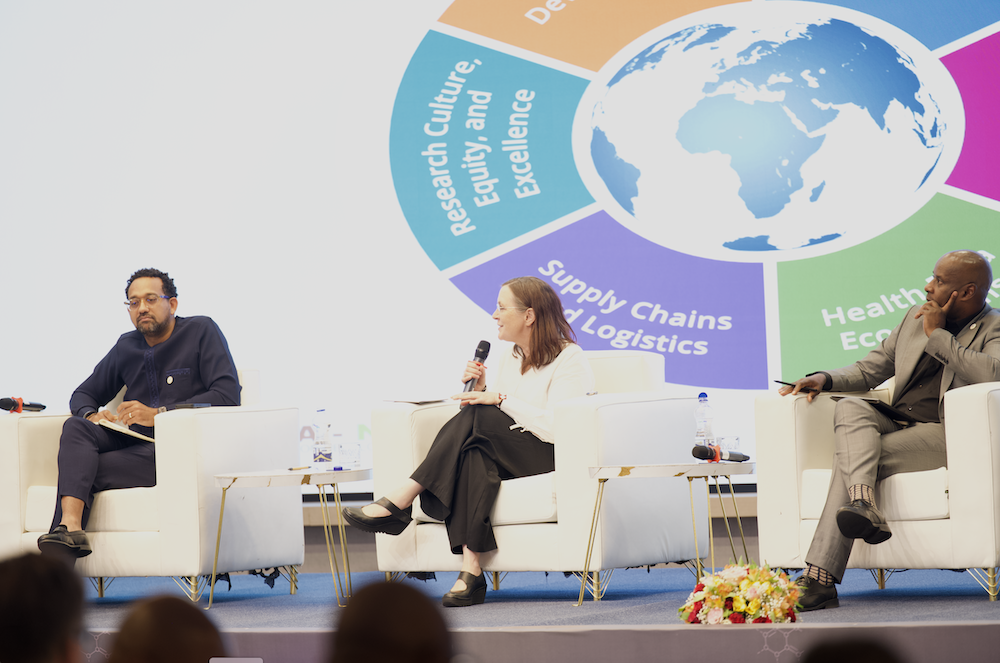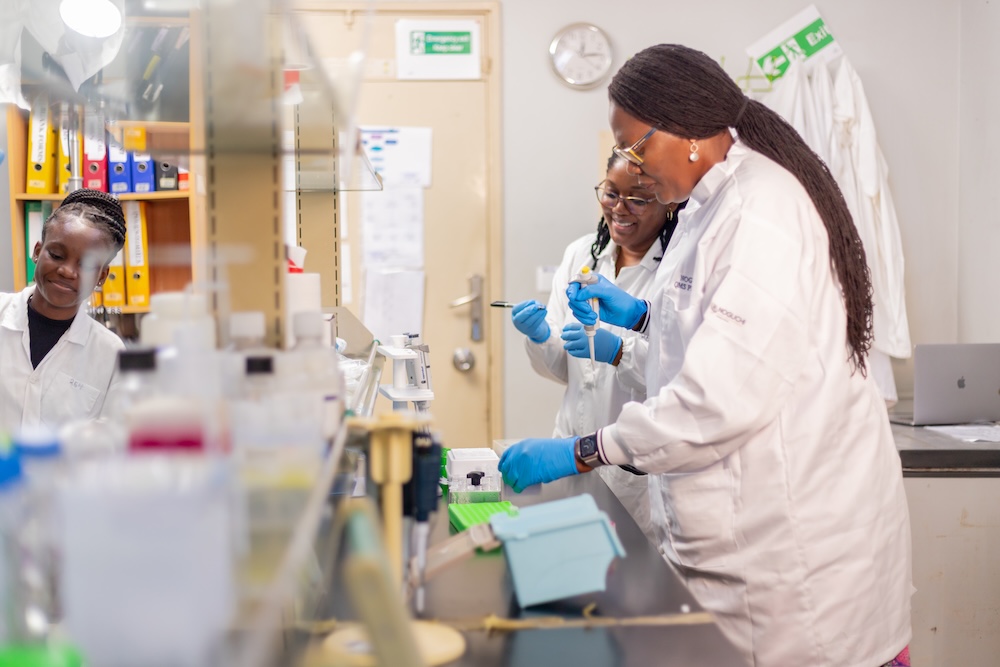
Media Centre
SFA Foundation admitted as Observer Organisation to the Intergovernmental Panel on Climate Change
Monday, November 10, 2025

The Science for Africa (SFA) Foundation has been officially admitted as an Observer Organisation to the Intergovernmental Panel on Climate Change (IPCC) during the IPCC’s 63rd Session held from 27–30 October 2025 in Lima, Peru. This marks a significant milestone in SFA Foundation’s mission to amplify African leadership in global climate science, policy, and diplomacy.
Established by the World Meteorological Organization (WMO) and the United Nations Environment Programme (UNEP) and endorsed by the UN General Assembly Resolution 43/53 of 6 December 1988, the IPCC is the world’s leading scientific body for assessing the evidence on climate change. Its reports provide governments with authoritative scientific evidence to guide climate policy and serve as a foundation for international negotiations and agreements.
Observer Organisations play a crucial role in IPCC processes by participating in Plenary and Working Group sessions, nominating and supporting experts to contribute as authors and reviewers, and mobilising diverse perspectives to enrich global assessments. As an Observer Organisation, the SFA Foundation aims to enhance the scientific rigour, inclusivity, and policy relevance of evidence from Africa in support of the IPCC’s work.
“This recognition by the IPCC reinforces SFA Foundation’s commitment to advancing African science and ensuring that African perspectives, evidence, and priorities are fully represented in shaping the world’s understanding of climate change and its impacts on our continent and its people,” said Dr Tom Kariuki, CEO, Science for Africa Foundation.
Through this new role, the SFA Foundation aims to bridge long-standing gaps that have limited the participation of African scientists and experts in IPCC work, including data and evidence deficits, institutional capacities, and systemic inequalities in global research and diplomacy.
This milestone aligns with SFA Foundation’s vision “From Science to Impact,” ensuring that African evidence and expertise actively shape solutions for a more equitable and sustainable global future



